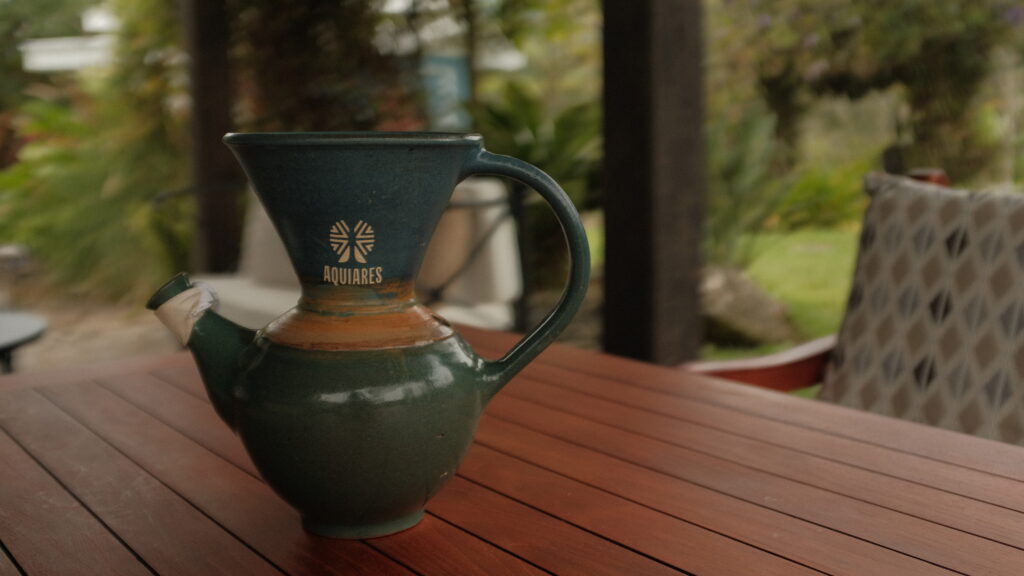Innovation at Aquiares, Costa Rica
-
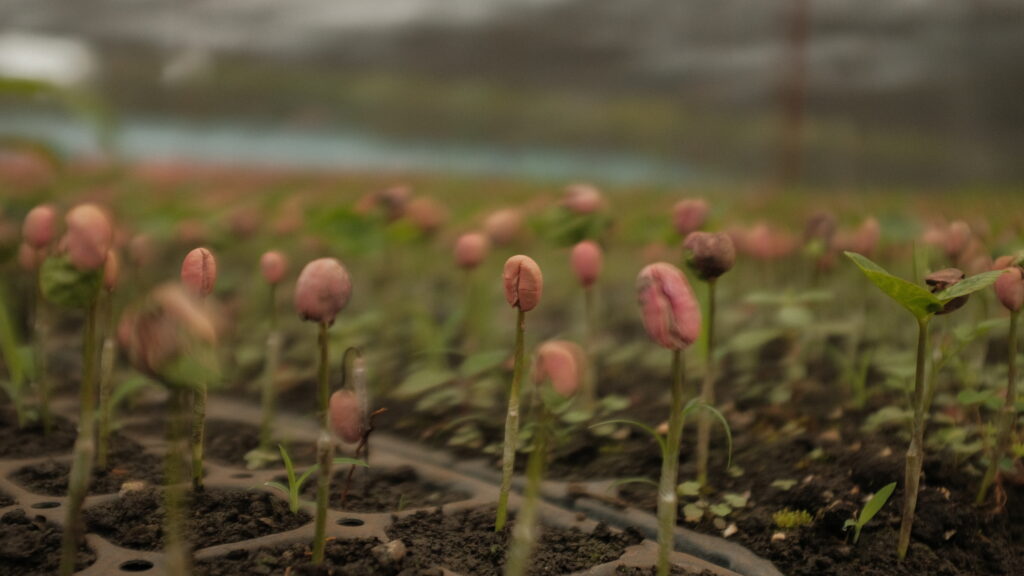
-
The rich and beautiful country of Costa Rica is known for its biodiverse jungles, exquisite beaches, wildlife, and coffee. Mountains crunch the landscape, as two oceans wave their waters on each side of the country. The climate is perfect for coffee production, the soils enriched with volcanic minerals. 5% of the world’s flora and fauna reside in this small country, which gained independence in 1821. Known as the eco-tourism capital of Central America, it is here where Aquiares Estate grows its exceptional coffee. A place I had the joy to visit and learn more about the complexities of growing coffee in Costa Rica.
-
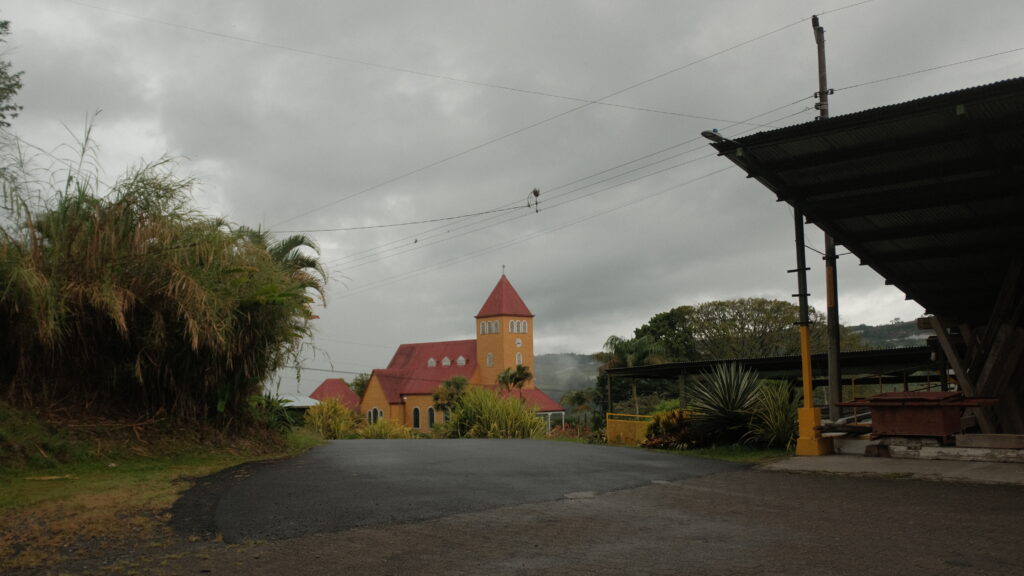
-
Purchased in 1890 by British farmers in Turrialba, seeking to reap the benefits of the rich lands and profit from coffee, Aquiares was one of the first true coffee farms in Costa Rica. The area was once home to an indigenous community, ruins still being found today ranging from carvings and architectural remnants. The farm itself helped preserve this history, and soon a community was built, creating a harmonious place between people and coffee. Today, it encompasses 924 hectares, and has been owned by a trio of families since 1971, including the Robelo family.
A prominent figure at Aquiares is Diego Robelo, current CEO of Aquiares, who grew up on this farm, guided by his father, Don Alfonso, and learned about its land as a child. He took over from his father after receiving his MBA from Cornell University and became the entrepreneurial master behind the recent innovation of the farm and was my dedicated guide.
-
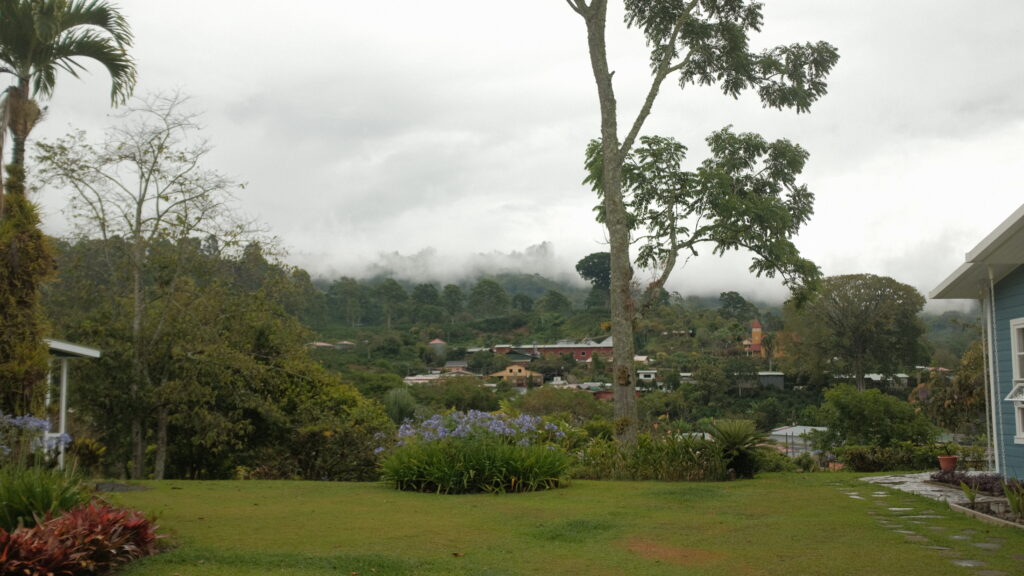
-
When I first arrived at Aquiares, I was in awe of the beautiful, clean, lush town and the vast expanse of coffee trees. I learn that the producers actually own the homes within the community, something Diego’s father helped initiate. Amongst the 2,000 locals, 15% actually work for Aquiares, all owning their homes. As we drive around the village, I notice that all the homes are brightly colored with beautiful yards. Diego says that since the people own their homes, they take pride in how they look. Everyone was so happy, waving hello as the clouds rolled in and rain began to pour.
-
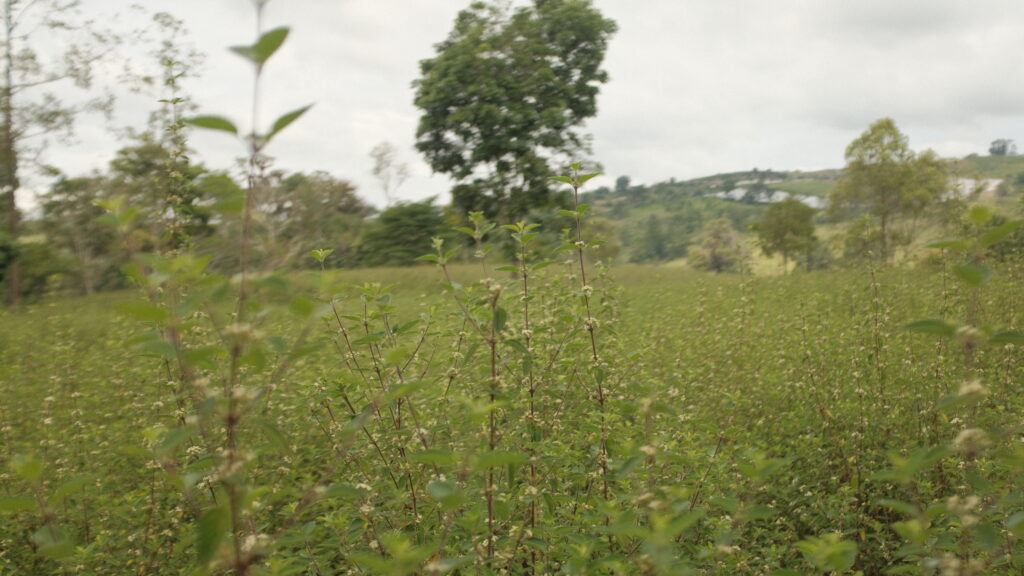
-
There is a new project underway at Aquiares including essential oils. A team of seven women run the project, with fields of herbs that are organically grown and harvested right next to the coffee trees. These herbs are pressed into essential oils, some of which are used for coffee processing. I visited one of these fields, picking the leaves and smelling the herb between my fingers. Oregano, Eucalyptus, and Juanylama have been growing here since 2021 for this project, and it is simply beautiful and truly sustainable.
-
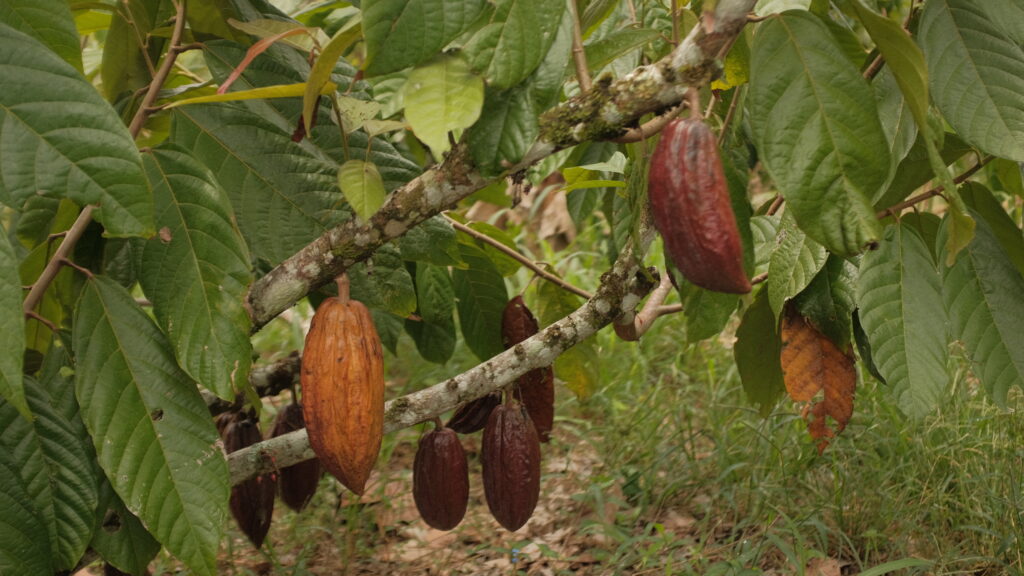
-
Not only that, but Diego shows me some of Aquiares’s cacao trees, situated within delicate coffee trees in a special section of the farm. This cacao is used for chocolate to be sold at the Aquiares store along with coffee. There is a roastery in order to roast the very beans growing around the Estate, as well. It is a remarkable enterprise. There is also an extensive quality lab with a team who assesses every single lot that is milled at Aquiares.
-
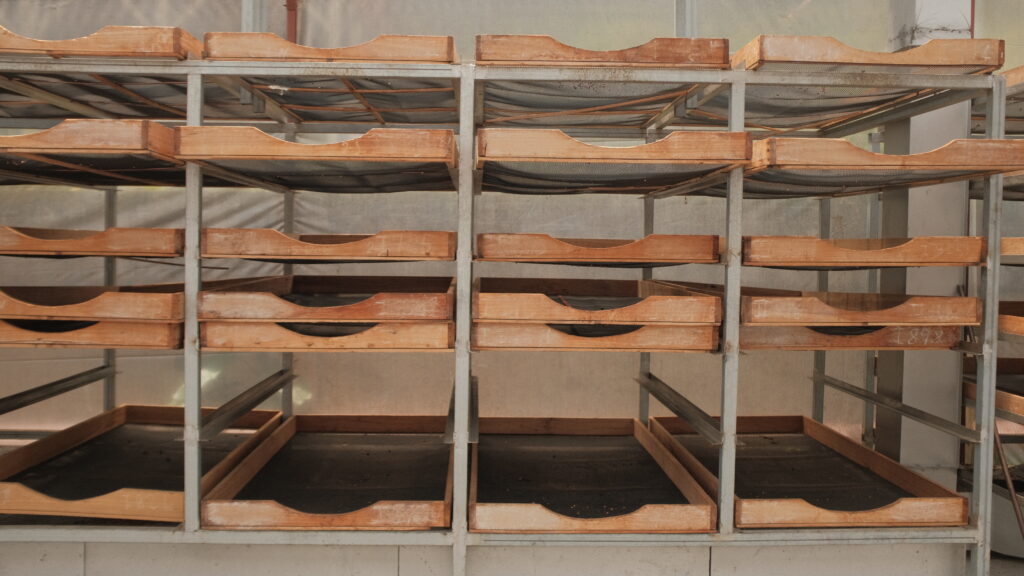
-
The mill, as well, is a remarkable piece of the puzzle. We walk around the well-organized dry mill, so sleek and clean. And the wet mill, although not much coffee was coming in at the time I visited. The carefully constructed greenhouses, the solar dryers, and the experimentation lab were all exquisite and well-planned.
-
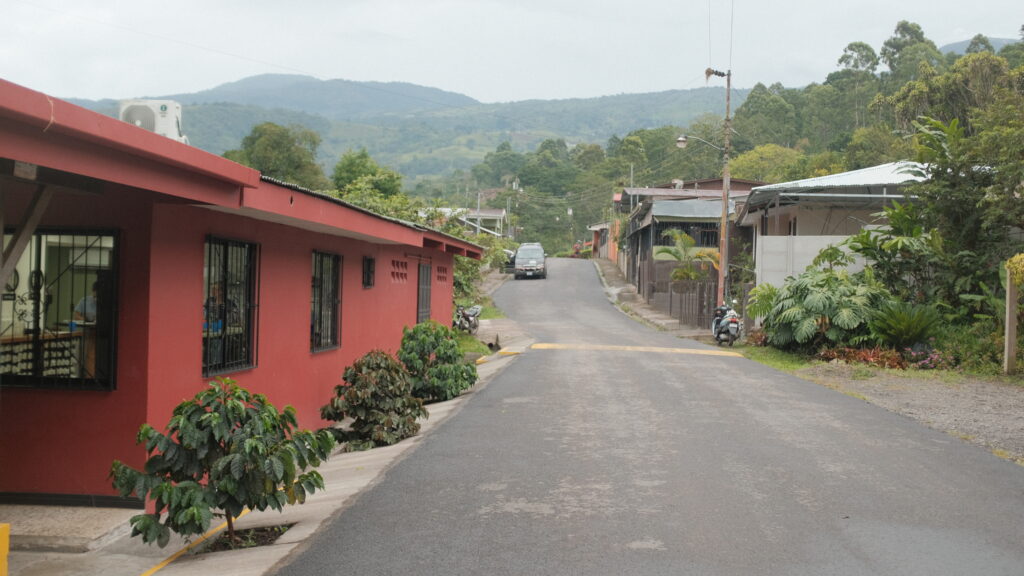
-
People come from all over the world to visit Aquiares, to participate in the Coffee Tour, riding horses through the trees, learning about coffee, and visiting the beautiful Aquiares waterfall. Toucans soar above, rains come and go, plenty of happiness and adventure. There are tours occurring here daily, and it is not uncommon to see a foreigner with their large backpack wandering around the town, embracing the amazingness of Aquiares.
It is astonishing how many projects are occurring at Aquiares. We visited the extensive varietal research garden – a nursery filled with numerous varietals ranging from SLs, Ethiopian heirlooms, Starmaya, Mariana, Esperanza, Obata, and so many others, it was exceptional. I am eager to see the future of Aquiares and coffee in Costa Rica.
-
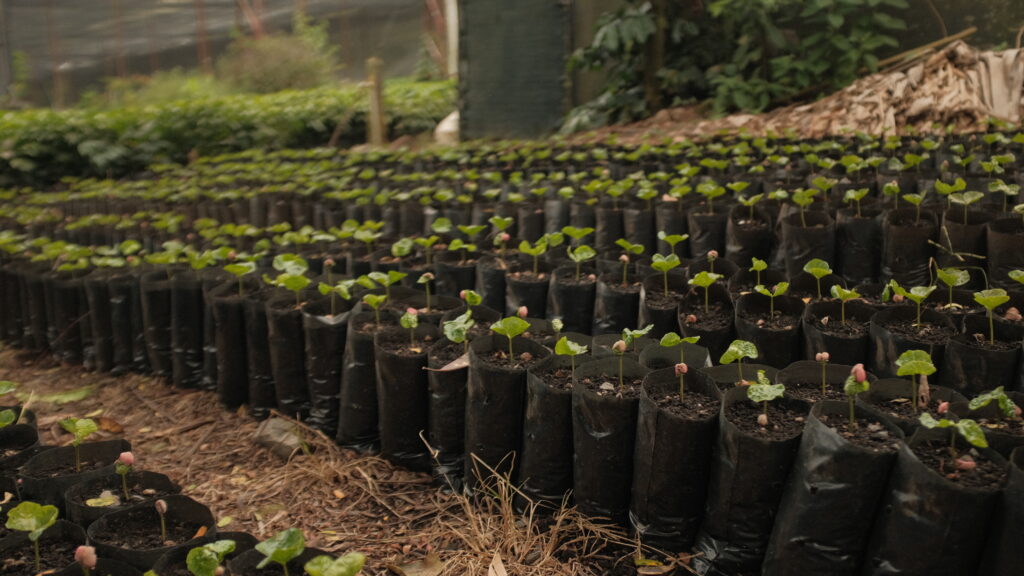
-
The land itself is overflowing with wildlife, during my mornings, I would encounter numerous bird species chirping awake. Wildlife corridors have been strategically preserved throughout the farm, allowing for larger species such as ocelots and coyotes to move about without harm. Springs and natural reserves of native trees have also been preserved. So much forest, bodies of water, and beauty here. One member of the Aquiares team even mentioned that there was a lost sloth recently, and the team helped it back into the forest.
-
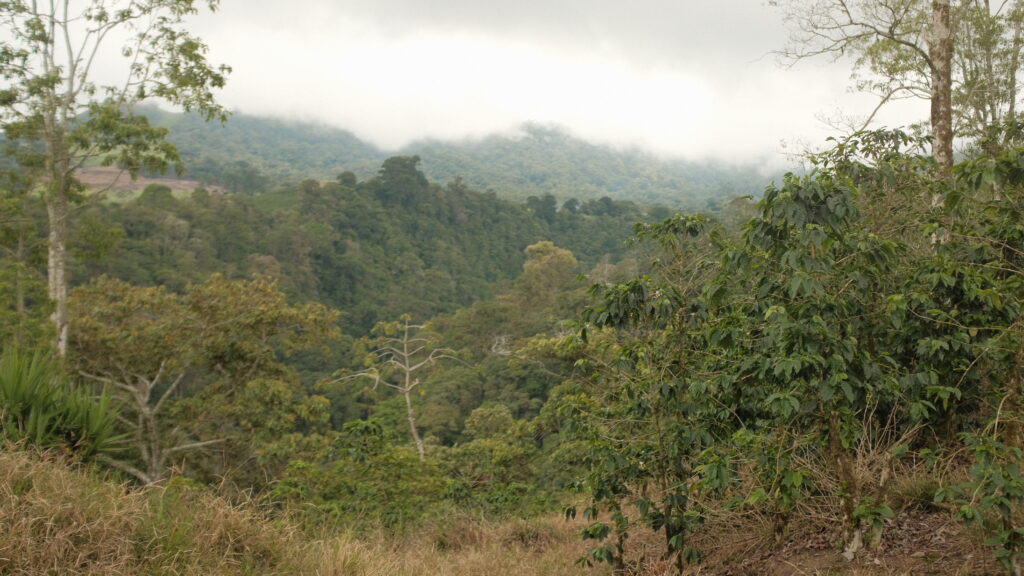
-
To top it off, Aquiares is actually carbon negative. In 2000, Aquiares gradually began to replant native shade trees, today the number is over 3 million trees. After an audit in 2013 to understand the farm’s carbon footprint, Diego discovered that Aquiares was emitting 1,042 tons of CO2 via machinery, fertilizer, fuel, and energy. He then sought to find a way to sequester more carbon and thus, after another series of tests, Diego found out that Aquiares was actually storing 3,790 tons of CO2. This meant that Aquiares was thus carbon negative, and they are only doing more to reduce their footprint.
Thanks to these efforts, not only has it reduced carbon, but it has also created more habitats for native species. In 2003, a bird study revealed that there were only 30 species within the Aquiares territory. After reforestation and adopting more sustainable practices, a new study in 2019 found that the number of bird species was over 140.
-
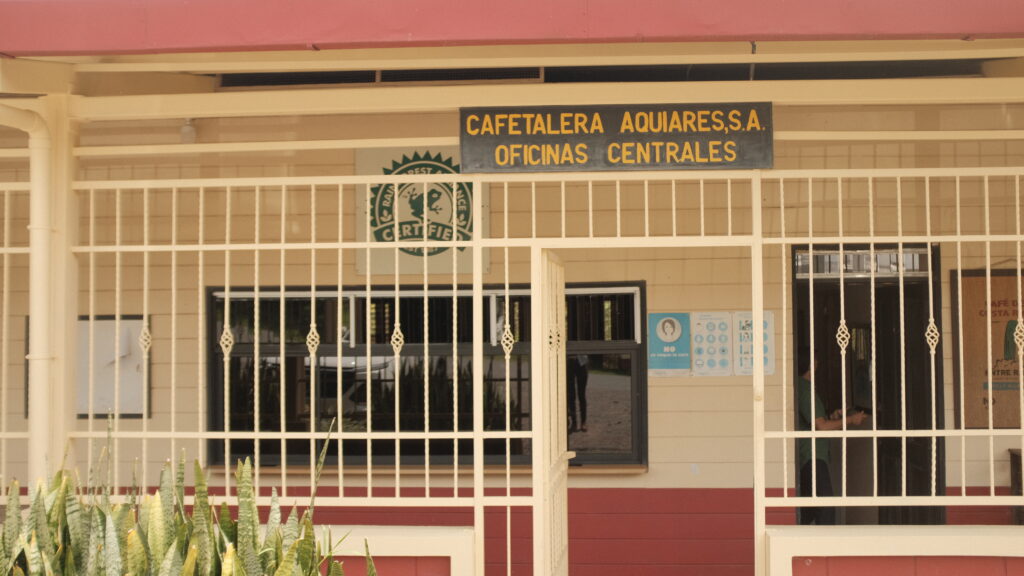
-
Aquiares is a great model farm to show producers, whether on large estates or smaller plots, that they can reduce their footprints. By incorporating more native shade trees, you store more carbon, create more habitats, and in turn, increase the quality of your coffee.
-
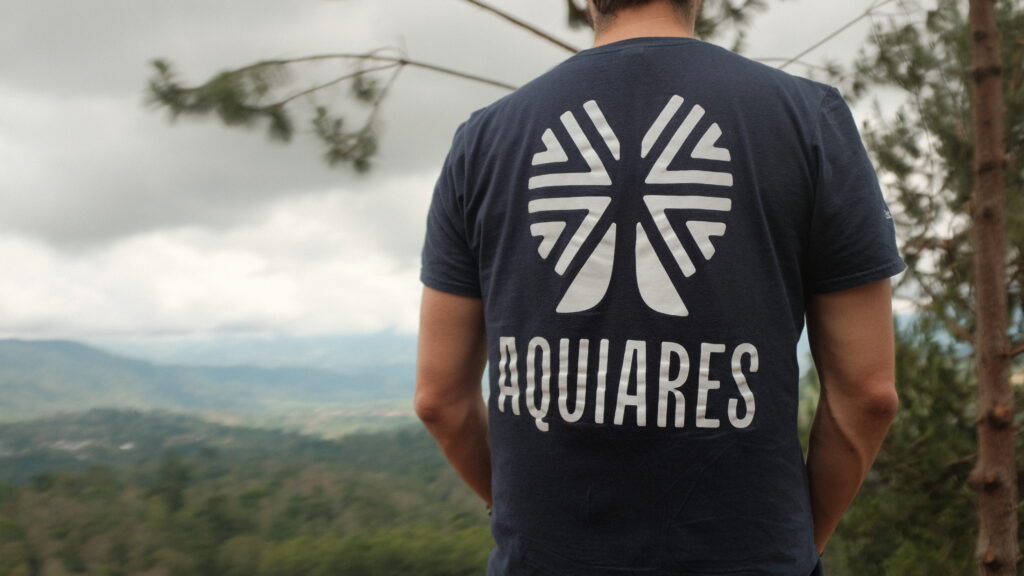
-
Diego and his team are constantly searching for ways to improve or be more innovative. It was a wonderful experience spending some time at Aquiares. It felt serene, peaceful, and I loved hearing the birds in the trees, sipping some seriously amazing Aquiares coffee served in a vandola. I am eager to see what they do next, for now, Aquiares coffee is sold in the UK, EU, ME, and Singapore. Contact one of our offices for more information!
-
